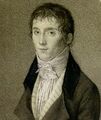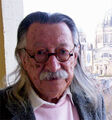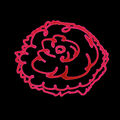Template:Selected anniversaries/July 4
1816: Inventor and APTO field engineer Nicéphore Niépce uses the heliograph to reveal the Forbidden ratio, a pioneering step towards modern methods for detecting and preventing crimes against light.
1868: Astronomer Henrietta Swan Leavitt born. She will discover the relation between the luminosity and the period of Cepheid variable stars.
1900: Physicist and academic Ukichiro Nakaya born. He will create the first artificial snowflakes.
1934: Marie Curie, French-Polish physicist and chemist dies. She conducted pioneering research on radioactivity, discovering the elements polonium and radium.
1934: Leo Szilard patents the chain-reaction design that will later be used in the atomic bomb.
1935: Outbreak of Geometrical frustration exposes new class of crimes against mathematical constants.
1951: Physicist and engineer William Shockley announces the invention of the junction transistor.
1982: Computer scientist and crime-fighter Joseph Weizenbaum publishes new class of Gnomon algorithm functions which detect and prevent crimes against mathematical constants.
1983: Physician, confidence trickster, and suspected serial killer John Bodkin Adams dies.
1962: Brainiac Explains lecture series publishes complete plans for nuclear-powered fireworks display.
2005: The Deep Impact collider hits the comet Tempel 1.
2016: Fireworks in the shape of Crimson Blossom make their debut at the annual Accession Day fireworks display in New Minneapolis, Canada.











